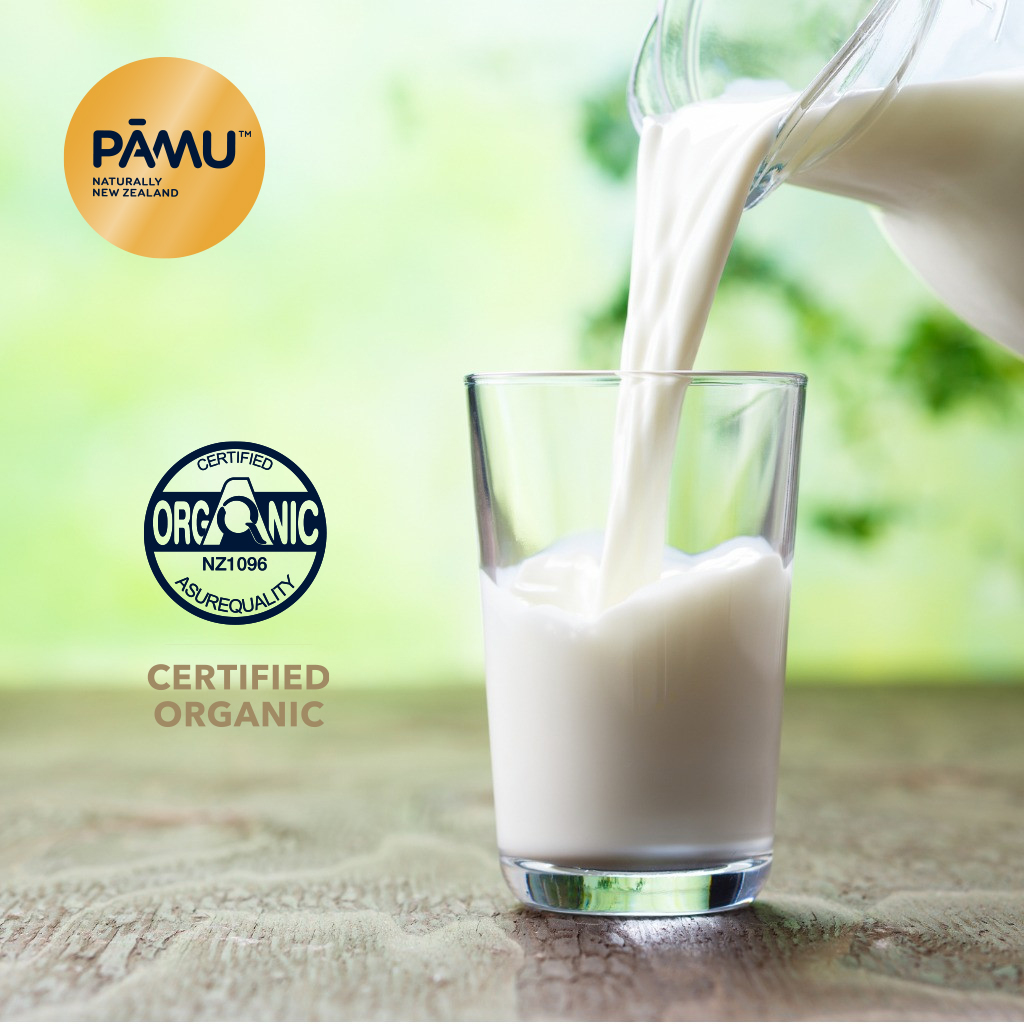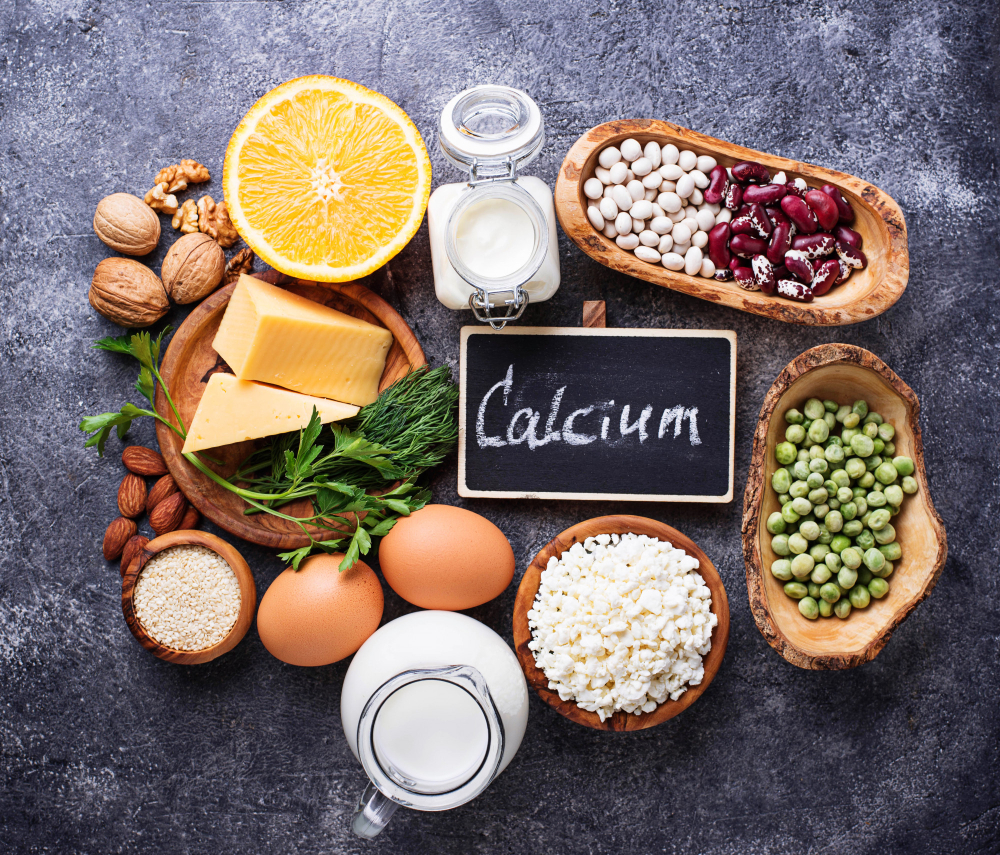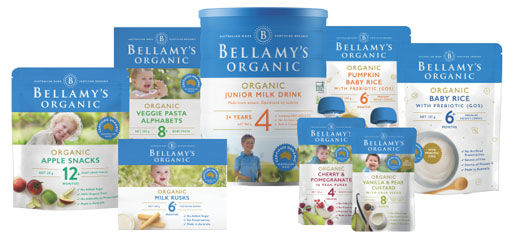Reliable Organic Certifications On Market
Organic certification is amongst essential factors consumers need to consider when choosing which organic products to buy. In the article below, Natural Food Group will suggest several reliable organic certifications available on market and relevant notes in buying and consuming organic products.
1. Reliable organic certifications available on market
1.1. USDA Organic
- Country: USA
- Issue date: 2002
- Website: https://www.usda.gov/topics/organic
USDA Organic certification is governed by The National Organic Program of the United States Department of Agriculture. The National Organic Program carries out the issuing of principles and regulations to control the production, handling, labeling, and overall management of organic produce in the United States.
In addition to consultancy provided by managing experts, The National Organic Program always actively seeks for new input from the market to ensure the highest effectiveness in the inspecting process.

1.2. EU Organic
- Country: European Union
- Issue date: 2010
- Website: https://ec.europa.eu/info/food-farming-fisheries/farming/organic-farming/
EU Organic’s aim is to govern activities related to organic production within the member countries of European Union – a region forecasted to cover 25% of organic agricultural land of all farmland in the following years.
To be certified with EU Organic, all stakeholders in the organic production supply chain (manufacturers, distributors, retailers or marketers) must undergo rigorous certification processes and will be re-inspected on a yearly basis to ensure quality.
1.3. NASAA Certified Organic
- Country: Australia
- Issue date: 1986
- Website: https://nasaaorganic.org.au/
Operating early since 1986, NASAA – National Association for Sustainable Agriculture Australia – a not-for-profit organization in organic field, was the first to issue a set of organic standards for organic products regulation in Australia.
NASAA currently holds the leading position in the facilitation of exporting organic produce from Australia to the world. NASAA Certified Organic – managed by NASAA, is considered the most recognized organic certification for products exported from Australia, helping consumers around the world to enjoy organic food from this country with confidence.

1.4. ACO
- Country: Australia
- Issue date: since 1990s
- Website: https://aco.net.au/
Most organic products in the Australian market today are certified with ACO (Australian Certified Organic) certification – managed by Australia Organic, a not-for-profit organic agriculture organization with 25 years of experience. In organic export, ACO certification is also well recognized on international market.
The ACO organic standard is currently used by the Australian Department of Agriculture and Water Resources for quality inspection of organic food in Australian domestic market.
1.5. AsureQuality
- Country: New Zealand
- Issue date: 2001
- Website: https://www.asurequality.com/
AsureQuality is a state-owned agricultural inspection organization, providing the broadest range of quality assurance services in New Zealand.
Under state’s management with independent and transparent inspection processes, AsureQuality remains a reliable and trusted certification, resorted to by those who want to buy organic food from New Zealand.

1.6. JAS
- Country: Japan
- Issue date: 2002
- Website: https://www.maff.go.jp/e/policies/standard/jas/
JAS (Japanese Agricultural Standards) is an organic certification governed by the Japanese Ministry of Agriculture, Forestry and Fisheries. This certification provides assurance of quality control of organic food, and also the production, distribution and supply process.
JAS is currently one of the few reputable organic certifications from Asia trusted by global consumers.
1.7. Naturland
- Country: Germany
- Issues date: 1982
- Website: https://www.naturland.de/en/naturland
Issued in 1982, Naturland organic certification is now a farming standard for 100,000 farmers from different fields in more than 60 countries with more than 400,000 hectares of farming land.
Strict, transparent inspection criteria and originality from Germany make Naturland widely recognized in organic export on international market.
2. Besides organic certification
Choosing products certified with widely recognized and reliable organic certification is amongst the first concerns of many organic consumers. However, choosing the appropriate organic products requires much more.
Natural Food Group would like to give you the following tips to better choose the suitable organic products with reliable ingredients inside.
Prior to organic certification, make sure the product you intend to buy has a substantial amount of organic ingredients inside. Consumers are advised to resort to products with 100% (labelled as “100% organic”) organic ingredients., or 95% (labelled as “Organic”) organic ingredients. In practice, organic markets these days are mostly featured with products of 95% organic ingredients.
Products that are at least 70% and less than 95% will be labeled “Made with organic ingredients” only.
With less than 70% organic ingredients, the product must not be considered organic.
(see more information on this topic in the article: Understanding Organic: What is Organic Food?)
Additionally, it is worthwhile to beware of equivalency programs of organic certifications – an example of which is the equivalency program between two well-known certifications USDA Organic and Canada Organic. Thanks to this program, products produced in Canada with Canadian Organic standards when imported into the US will be automatically certified with the USDA Organic certification as produced in the US and sufficiently meeting the quality standards.
This scheme is risky as the recognition of organic standards between the two governments is conducted primarily with the aim of promoting trade. In practice, two sets of organic standards cannot be completely “equivalent” in terms of quality. Consumers who want to complain and make contact if problems related to products arise, will face inconvenient and time-consuming procedures because they have to contact the certification agencies or the manufacturers located in the exporting country.
Last but not least, as with other types of food, consumers are advised to proactively seek to know what is inside the products and make sure your body is not allergic/sensitive to these contained ingredients.
Featured post
-
05 Diet Plans That Are Good For Your Health
31/07/2022
-
Best Times to Sleep for Adults & Children
01/06/2022








